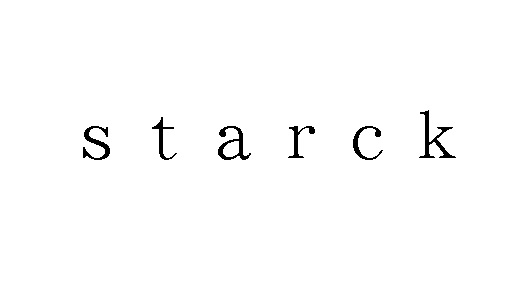The Japan Patent Office (JPO) dismissed an opposition claimed by Philippe Starck, a French designer, against TM Reg no. 6487488 for the wordmark “Starck” due to the unlikelihood of confusion when used on management, leasing, rental, purchase, and sale of buildings, and real estate agency services in class 36.
[Opposition case no. 2022-900079, Decision date: December 5, 2022]Opposed mark
Starck Co., Ltd., a Japanese company, sought trademark registration of the wordmark “starck” in standard character to be used on services related to real estate in class 36 on July 2, 2021.

Without raising any objections in the course of substantive examination, the JPO granted protection of the opposed mark on December 13, 3021, and subsequently published for post-grant opposition on January 13, 2022.
Opposition by Philippe Starck
Philip Starck, a French designer known for his wide range of designs, including everything from interior design to household objects and architecture, filed an opposition with the JPO on March 15, 2022, just before the lapse of a statutory period of two months counting from the publication date.
He argued the opposed mark shall be canceled in contravention of Article 4(1)(xv) and (xix) of the Japan Trademark Law in view of the high reputation of the term “Starch” as an indication of the opponent and close relatedness between the service in question and architectural design service.
JPO decision
The JPO Opposition Board did not admit the famousness of the mark “Starck” as a source indicator of the opponent’s design service from the produced evidence even though the Board found the mark has acquired a certain degree of recognition as a name of designer among relevant consumers.
Besides, the Board considered architectural design services shall be remotely associated with the management, leasing, rental, purchase, and sale of buildings, and real estate agency services in class 36.
If so, irrespective of the identical marks, the Board has no reason to believe relevant consumers would conceive of the opponent at a slight of the service in question using the opposed mark and confuse its source with the opponent.
Based on the foregoing, the JPO dismissed the entire allegations and decided the opposed mark shall remain valid as the status quo.
